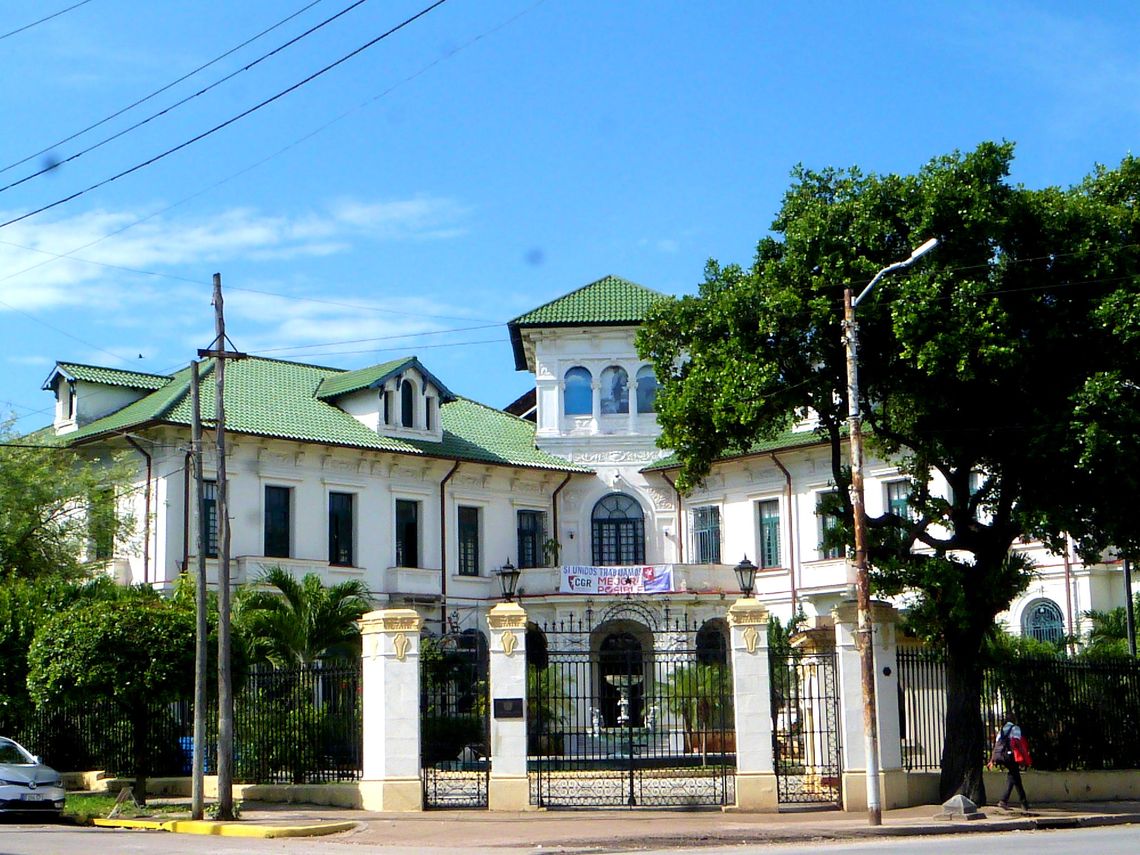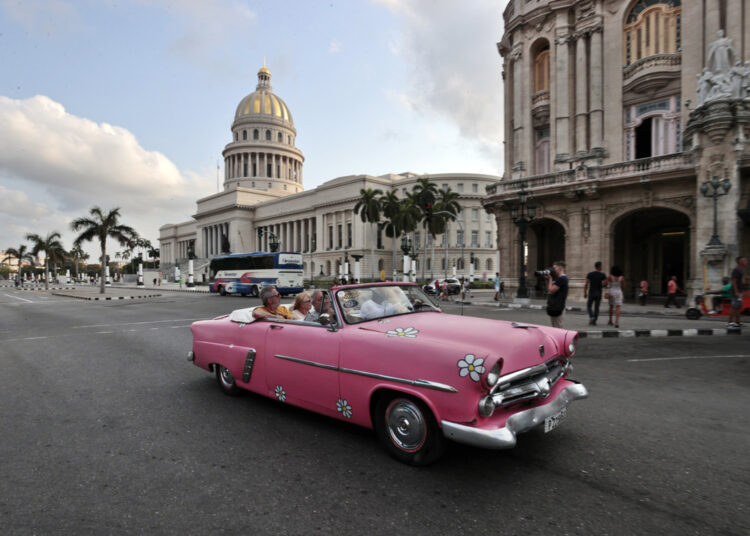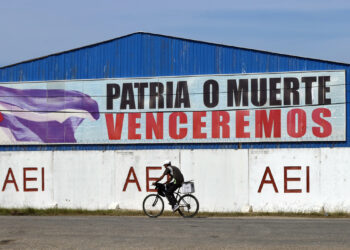From hotels to travel agencies, restaurants, warehouses, and wholesale sales, among other agencies, the 16th National Internal Control Inspection will review the tourism industry, one of the most important on the island and the destination of most of the State’s investments.
Begun this Wednesday in agencies located in all provinces and the special municipality of Isla de la Juventud, the inspection will last until October 31 with 170 control actions in enterprises and entities related to tourism, according to a report published in Granma newspaper.
According to the newspaper, this annual exercise to control the progress of public policies will evaluate the pace and implementation of the measures, provisions and established regulations that allow improving efficiency in administrative management.
The declared general objective is to strengthen the socialist state enterprise, enshrined in the Constitution of the Republic as the main subject of the national economy so that the other forms of production and ownership assume a complementary role.
The administrative management and efficient use of resources will be inspected in the selected entities, first of all energy, price formation, supply relations or linkages of the different economic actors with tourism, specifically: agricultural and food production; the national furniture industry; and the production of cleaning products.
The selection of entities includes all provinces and the special municipality of Isla de la Juventud.
The actions will be carried out in 43 municipalities, 25.6% of the country’s 168 municipalities and will primarily evaluate the use and destination of fuel, except for special checks on suppliers, and other complementary aspects that require verification (contracting, accounts receivable and payable and inventory, among others).

Sample to be inspected
The selected sample includes 52 hotels, motels and similar; 16 other types of temporary accommodation centers; 13 restaurants, cafeterias and canteens; 12 wholesale sales of products; 11 travel agencies, excursions and guides and a dozen different services for regular passenger land transportation, among others.
In relation to suppliers, the activities of 13 dairy product processing enterprises; 9 meat and meat product production enterprises; and 8 wholesale sales of agricultural products will be verified.
Of the 170 control actions planned in the national territory, 115 correspond to entities of the Higher Organizations of Business Management (OSDE), directly under the Ministry of Tourism (MINTUR), and one of direct attention of the organization, corresponding to them 68.8% of the total of selected entities.
GAESA
The report does not discriminate within the more than fifty hotels to be reviewed, how many belong to the Gaviota Tourism Group, managed by GAESA, the Business Administration Group of the military apparatus of the island.
The portfolio of this emporium has a significant part of the 4- and 5-star hotels in Cuba, in addition to marinas and travel agencies, transportation and other hotel services, among other assets.
In an interview in the past with the Spanish agency EFE, the former comptroller Gladys Bejerano said that the business conglomerate GAESA was not under her supervision.
She argued that GAESA has “superior discipline and organization” due to its decades of business experience and that the Comptroller General’s Office concentrates “forces” where “advances” are needed.
Comptroller’s Office of Cuba, on Alejandro Gil’s case of corruption: “One feels it like a betrayal”
After the compatibility of the qualified forces in each territory and in all the organizational units of the National Audit System (SNA) has been carried out, the participation of approximately 1,575 personnel will be taking part in the 16th National Internal Control Inspection, Granma stated.
A little more than 600 university students will also participate in the inspection exercise, and the participation of experts from the National Standardization Office, the Ministries of Transportation and Foreign Trade and Foreign Investment, as well as from the Central Bank of Cuba, is being coordinated.
Comptroller General of the Republic Mirian Marbán González stated that there is a whole methodology for the review of tourist activity and emphasized specific provisions to verify the use and control of fuel.
According to Granma, it is a priority to encourage innovation and exploit the potential and reserves that exist to promote Cuba as a destination with more robust communication systems and generalizing good experiences.
Tourism under privileged regime
Last year, Cuba invested 500% more in tourism than in education, health and agriculture combined.
Official statistics confirm that the hotel industry, as a real estate sector, captures by far the largest amounts of the investment policy, but it is still far from compensating for the expenses in its name and being the driving force of the rest of the economy, as the government intends.
At the recently concluded International Tourism Fair (FITCuba 2024), President Miguel Díaz-Canel Bermúdez reiterated that “we have always considered tourism as an industry that generates the development of the rest of the industries in the country, and of the entire business system,” Granma noted.
To date, Cuba has not matched pre-pandemic levels of international visitors, which in 2019 were around 4.5 million.
For this year, the goal is 3.2 million tourists, but so far, traveler reports place it as highly unlikely to be achieved, given U.S. sanctions, internal deficiencies and the high competitiveness of neighboring destinations such as the Dominican Republic, Mexico and Florida.










